China's overcapacity draws concern from global market
China's production overcapacity is an issue that its officials are well aware of, and it has even drawn the criticism of the outside world, most recently US Treasury Secretary Janet Yellen. Given the fact that high-end manufacturing is facing overcapacity pressures and risks just after it has taken off, how will China mitigate the impact of overcapacity on the geopolitical landscape and its external environment?
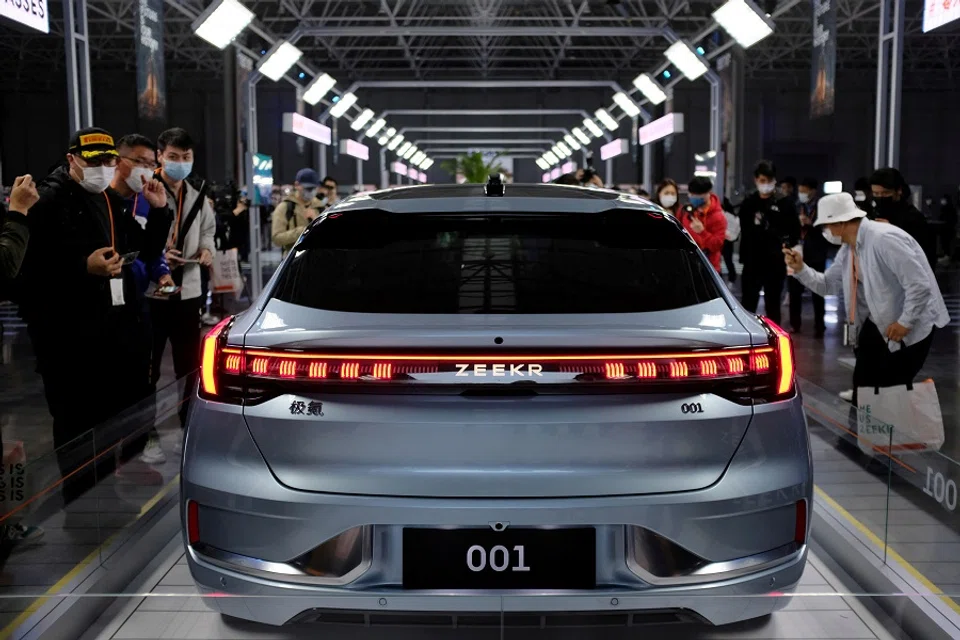
Recently, a friend from Beijing visited a showroom for China's domestically produced electric vehicles (EVs) to pass the time. He was surprised to learn that in terms of configuration, comfort and materials used, an EV produced by Chinese carmaker Geely surpassed the Mercedes-Benz E class vehicle imported straight from Germany that he is driving.
"It beats the Mercedes-Benz E on all levels," he said. My friend was filled with awe as he described the scenario.
Surviving a competitive industry
Not only did the manufacturing technique for China's domestically produced cars improve by leaps and bounds, even the comfort level has caught up to European cars. Another friend who does not drive was even more extreme - she chanced upon a video advertising Xiaomi's latest EV, and was so awed by the SU7's ease of operation and price that she felt inclined to learn how to drive.
Who would have thought this would be the case? After ten years of hard work and effort, China's domestically produced cars are no longer deficient. In 2023, to the surprise of the world, China replaced Japan as the world's number one exporter of cars, and in the last quarter of the same year, China's BYD surpassed US titan Tesla to become the world's largest manufacturer of pure electric cars.
Looking back at when BYD's new energy vehicles (NEVs) were showcased at an auto show in Guangzhou in 2007, the carmaker was the laughingstock of the industry. Today, BYD is a formidable opponent of its European and the US counterparts, with Tesla boss Elon Musk stating that without trade barriers, Chinese automakers would "demolish" most of its global rivals.
However, everyone is keenly aware that the strength of China's automobile industry was a product of "involution" due to intense domestic competition. China's NEVs involution purportedly began in 2022, spreading in 2023 to encompass the entire auto industry in China. Automakers sold cars with no regard for profit; Xiaomi founder Lei Jun even blatantly stated that the SU7 would be sold at a loss, with Xiaomi "losing money on every car sold".
When the tigers that survived - the "involution forces" - mightily entered the global market to compete for a piece of the pie, one can only imagine the terror that it brought to its competitors in Europe and the US.
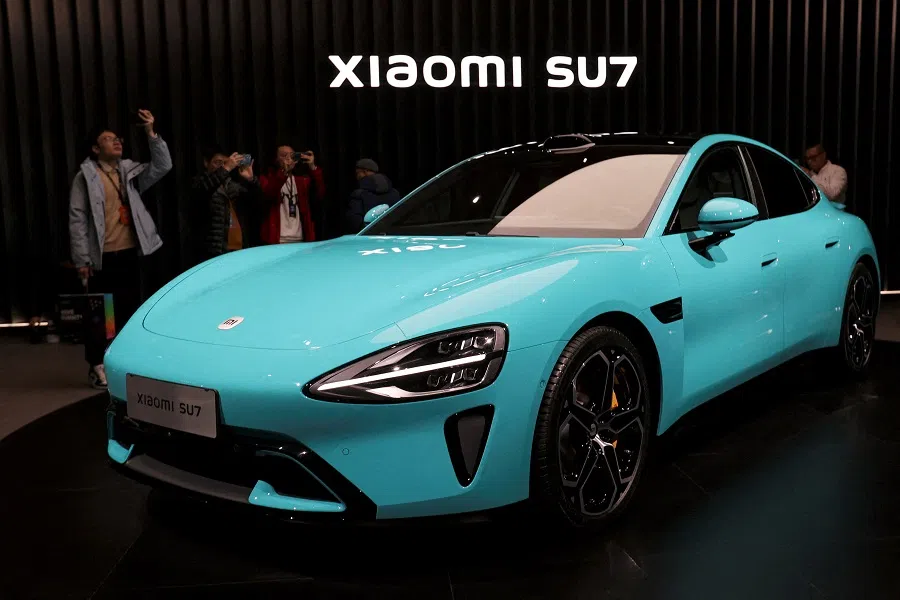
Singaporean academic Tan Kong Yam described China's auto industry policy as akin to raising ferocious tigers. In the beginning it had national support and subsidies, and "the industry players were fed some meat, which gradually got lesser and lesser so they end up fighting each other", with the last few standing being the truly fearsome tigers.
When the tigers that survived - the "involution forces" - mightily entered the global market to compete for a piece of the pie, one can only imagine the terror that it brought to its competitors in Europe and the US. An economic problem quickly transformed into a political issue, rattling everyone from governments to the industry.
... the country is experiencing an excess production capacity due to a rapid increase in manufacturing capacity and a mismatch between supply and demand.
Unprecedented risks
The European Union conducted anti-subsidy investigations into China's EVs in October 2023. Since February 2024, from the deputy treasury secretary to the US Trade Representative office, the US has frequently issued warnings about China's production oversupply.
Last week, US Treasury Secretary Janet Yellen joined the fray, brazenly accusing China's overcapacity for potentially distorting global prices and production, as well as causing harm to US businesses and workers. Yellen also indicated that during her visit to Beijing in early April she would raise the key issues of China's overcapacity and its flooding of the global market, and ask that Beijing adopt the necessary steps to address them.
The areas that Yellen pointed out happened to be China's "new three" (新三样) sectors for export: photovoltaic products, EVs and lithium-ion batteries. Yellen added, "There is no country in the world that subsidises its preferred, or priority, industries as heavily as China does."
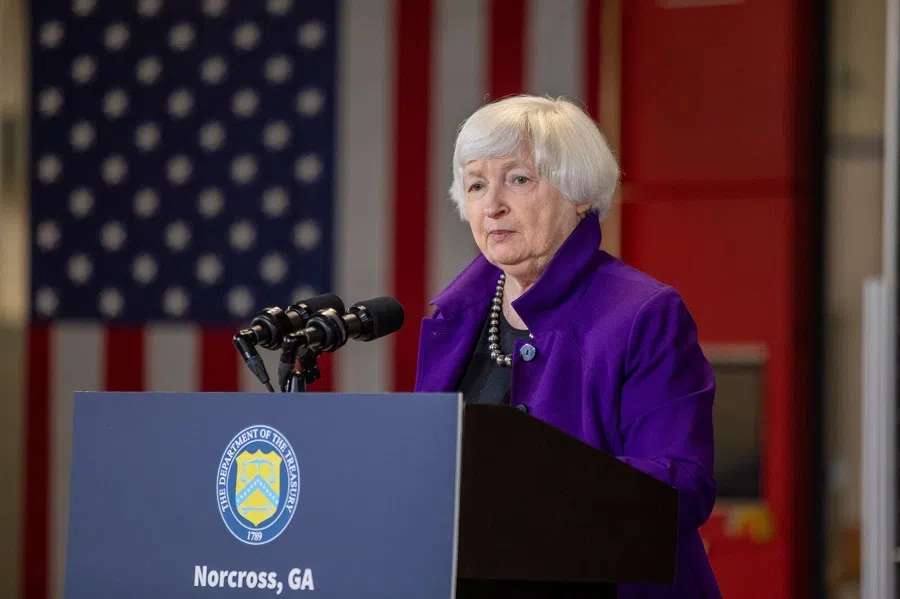
She also said, "China's desire is to really have global domination of these industries."
Many Chinese netizens think that Yellen was being a sore loser and sensationalising the topic for the sake of the China-US competition, or simply asserting a stance to appease domestic voters. Some analysts also think that before the presidential election in November, the US will prioritise "stability" when dealing with China-US relations and will not create new problems or impose drastic sanctions on China in addition to existing areas such as chips. However, the impact of overcapacity on the geopolitical landscape and China's external environment should not be taken lightly.
Overcapacity is an old problem in China; to put it bluntly, the country is experiencing an excess production capacity due to a rapid increase in manufacturing capacity and a mismatch between supply and demand.
Overcapacity has occurred intermittently in China since the 1990s, with some of it being absorbed as the country's economy develops. But some have also become major burdens that are difficult to shake off, such as the plight of China's property sector, which is mainly caused by overcapacity.
The fact that high-end manufacturing is facing overcapacity pressures and risks just after it has taken off is unprecedented in China.
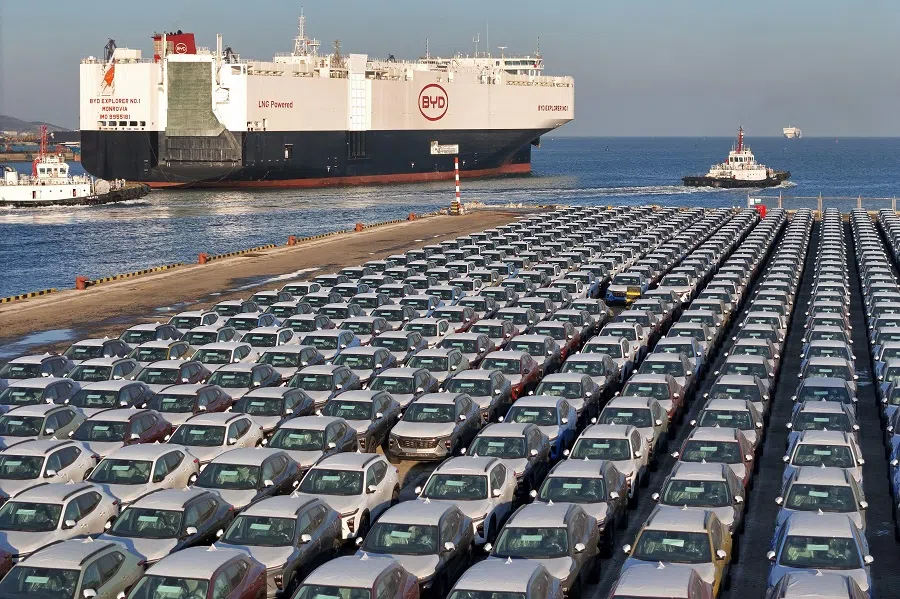
The fact that China's "new three" exports of EVs and so on have quickly experienced new overcapacity concerns is as unexpected as the rapid development of Chinese auto technology.
But the hidden danger it brings is that these high-end manufacturing industries are facing more overcapacity pressures than traditional industries. In the words of the academics, the capacity utilisation of high-end manufacturing has fallen more than traditional industries. The fact that high-end manufacturing is facing overcapacity pressures and risks just after it has taken off is unprecedented in China.
... once overcapacity occurs in industries characterised by global supply chains, they will cause unprecedented disturbances in the international economic and trade arena. - Professor Lu Feng, National School of Development, Peking University
Social and political stability to consider too
Outside of China, international geopolitics and trade protectionism present yet another prominent issue. Lu Feng, an economics professor at the National School of Development (NSD) of Peking University, warned at a symposium in mid-March that once overcapacity occurs in industries characterised by global supply chains, they will cause unprecedented disturbances in the international economic and trade arena.
Professor Huang Yiping of Peking University's NSD suggested some practical measures to solve overcapacity, including industrial policies that are focused more on helping innovation rather than production, and market-oriented innovation. He added that industrial policies must be phased out when appropriate and that local governments and financial institutions should not blindly follow a direction that exacerbates macroeconomic imbalances for the sake of political correctness.
While Yellen's criticism against China's massive subsidies for its "new three" exports may not have violated the World Trade Organization's rules, in the objective reality, it is unlikely that existing international players would just sit idly by.
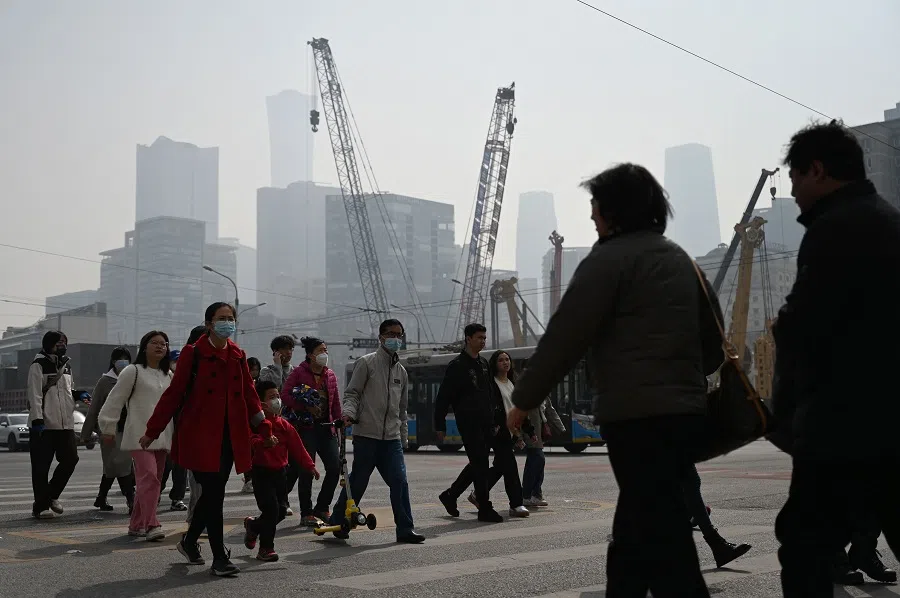
This is fundamentally because the whole of China is no longer weak but has become the world's second largest economy - industries that have survived in China are all "ferocious tigers" to be reckoned with, and China's supply-demand imbalance, when transmitted to the world, will also cause huge impacts, become the focus of international economic contradictions, and even escalate into political contradictions.
However, China also has reasons as to why it must move up the industrial chain - consumption alone is not enough to maintain medium-to-high economic growth, and China also has to consider its own social and political stability.
It is said that Germany and Japan's overcapacity situation was the economic reason behind the First and Second World Wars; what a chilling thought. Fortunately, China's government work report this year and the remarks of China's elites reflect the fact that they are highly alert of the overcapacity situation and are trying to find ways to solve the problem. The rise of a great nation is indeed challenging.
This article was first published in Lianhe Zaobao as "耶伦向中国过剩产能发难".



![[Video] George Yeo: America’s deep pain — and why China won’t colonise](https://cassette.sphdigital.com.sg/image/thinkchina/15083e45d96c12390bdea6af2daf19fd9fcd875aa44a0f92796f34e3dad561cc)
![[Big read] When the Arctic opens, what happens to Singapore?](https://cassette.sphdigital.com.sg/image/thinkchina/da65edebca34645c711c55e83e9877109b3c53847ebb1305573974651df1d13a)
